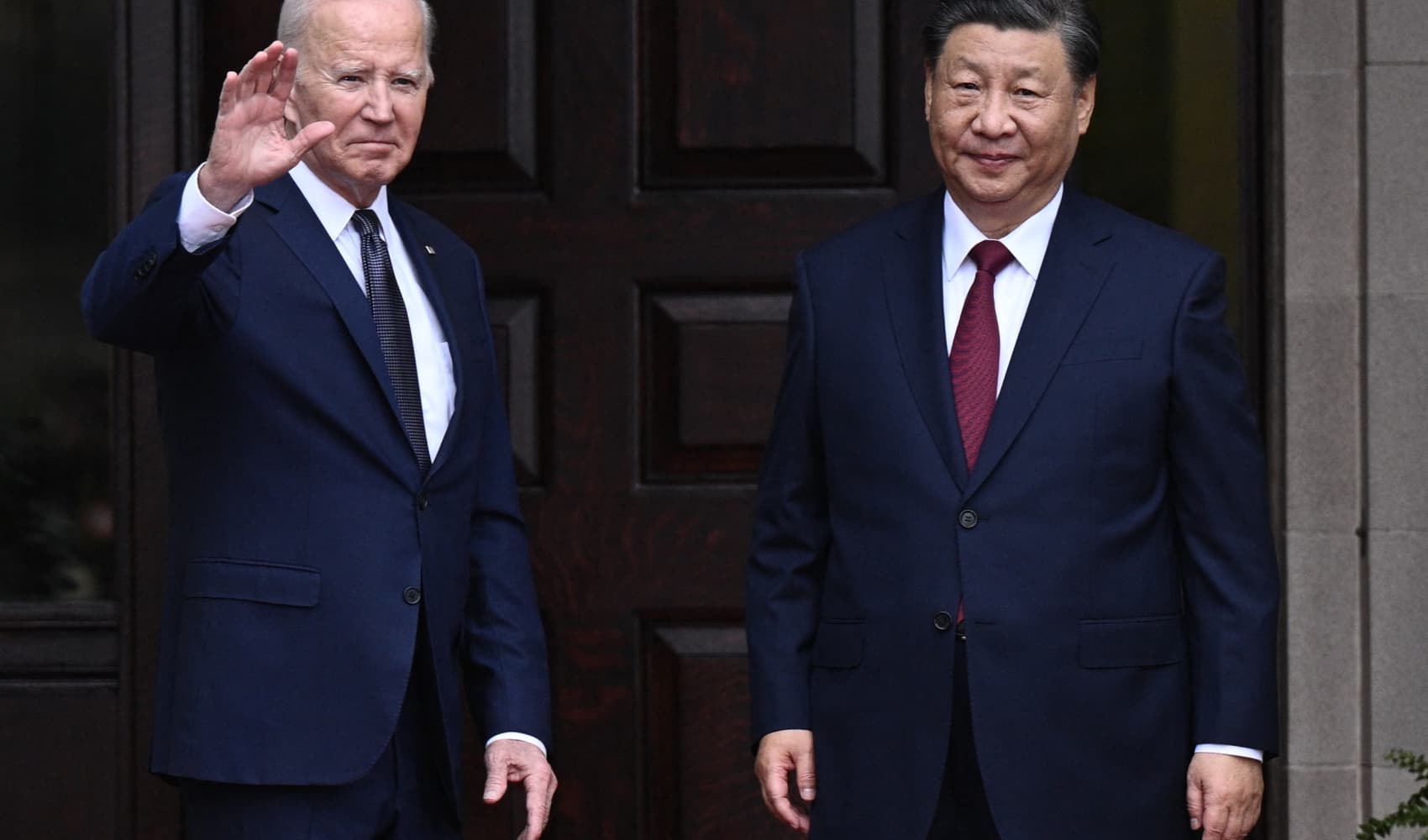
- President Biden's nominee to run the CIA told lawmakers Wednesday that if confirmed he would intensify America's national security approach to counter China.
- William Burns, 64, who worked under both Republican and Democratic presidents, described Xi Jinping's China as "a formidable, authoritarian adversary."
- His confirmation is expected to easily pass with strong bipartisan support similar to the majority of Biden's national security team.
WASHINGTON – President Joe Biden's nominee to run the CIA told lawmakers Wednesday that if confirmed he would intensify America's national security approach to counter China.
"Out-competing China will be key to our national security in the days ahead," Will Burns said in his opening remarks to the Senate Intelligence Committee. "That will require a long-term, clear-eyed, bipartisan strategy, underpinned by domestic renewal and solid intelligence," the former career diplomat added.
Burns, 64, who has worked under both Republican and Democratic presidents, described Xi Jinping's China as "a formidable, authoritarian adversary."
Get Connecticut local news, weather forecasts and entertainment stories to your inbox. Sign up for NBC Connecticut newsletters.
He added that China was "methodically strengthening its capabilities to steal intellectual property, repress its own people, bully its neighbors, expand its global reach, and build influence in American society."
Burns' comments come as the Biden administration faces cool relations with China.
In his first phone call with Chinese President Xi, Biden raised his "fundamental concerns" about Beijing's "coercive and unfair economic practices, crackdown in Hong Kong, human rights abuses in Xinjiang, and increasingly assertive actions in the region, including Taiwan."
Money Report
Over the past four years, the Trump administration blamed China for a wide range of grievances, including intellectual property theft, unfair trade practices and recently, the coronavirus pandemic.
Biden previously said his strategy toward China would be different from his predecessor's unilateral approach, pledging to work closely with allies in order to push back against Beijing.
"We will confront China's economic abuses," Biden explained in a speech at the State Department, describing that nation as America's "most serious competitor."
"But we're also ready to work with Beijing when it's in America's interest to do so. We'll compete from a position of strength by building back better at home and working with our allies and partners."
Burns, who was introduced to the Senate committee by former Secretary of State James Baker and former CIA Director and Secretary of Defense Leon Panetta, previously served as U.S. ambassador to Jordan and Russia.
His confirmation is expected to easily pass with strong bipartisan support similar to the majority of Biden's national security team.
Earlier this month, the Senate confirmed Alejandro Mayorkas to lead the nation's Department of Homeland Security, making him the first Latino to hold the role. The Senate voted 56 to 43.
Last month, the Senate confirmed Avril Haines as director of national intelligence with an 84 to 10 vote, making her the first official member of Biden's Cabinet. Haines is also the first woman to lead the nation's 18 intelligence agencies.
The Senate voted 93 to 2 to confirm Lloyd Austin as the next Pentagon chief, making him the nation's first Black Defense secretary. The Senate confirmed Biden's top diplomat Antony Blinken in a 78 to 22 vote, making him the nation's next secretary of State.






